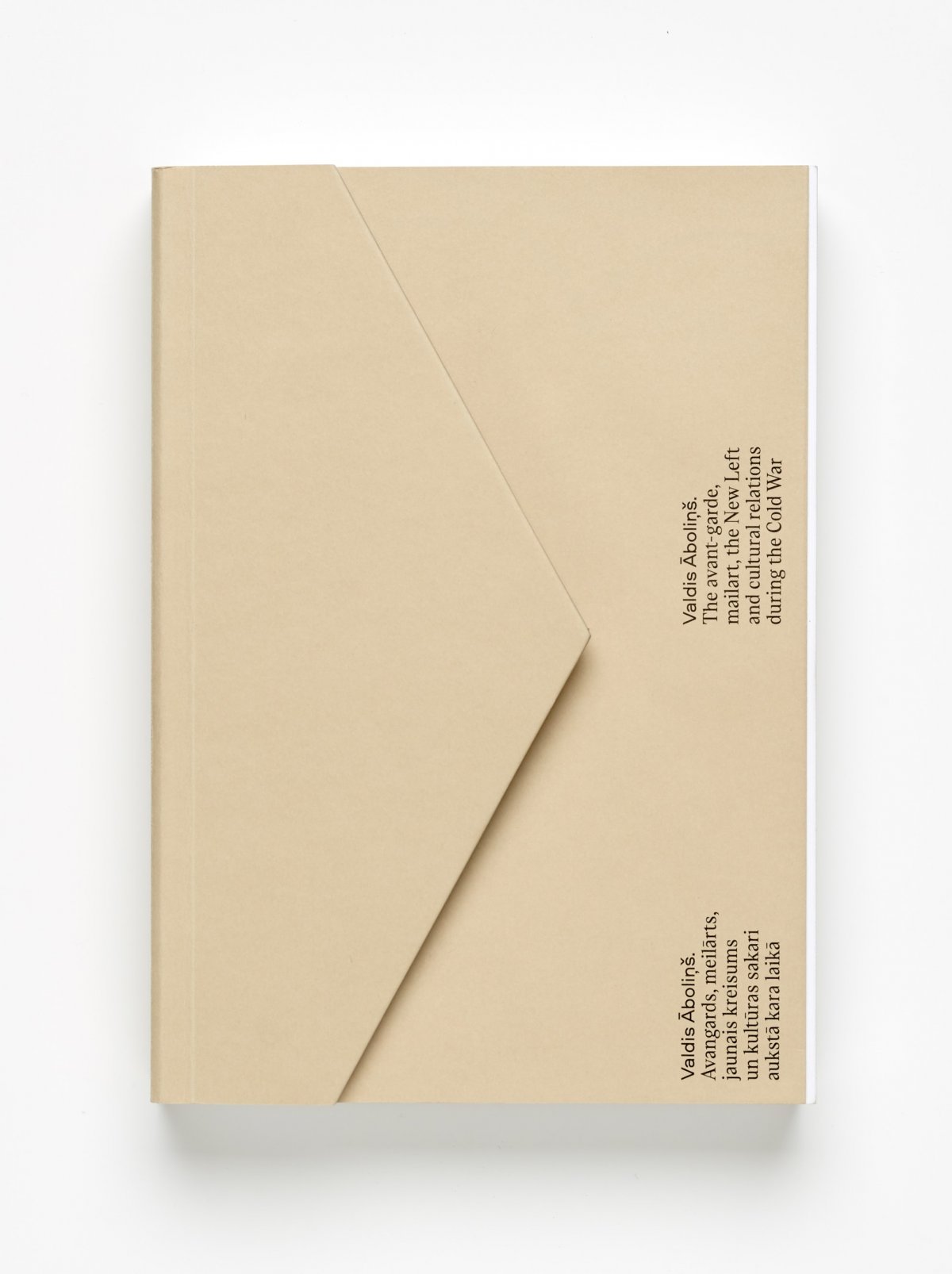
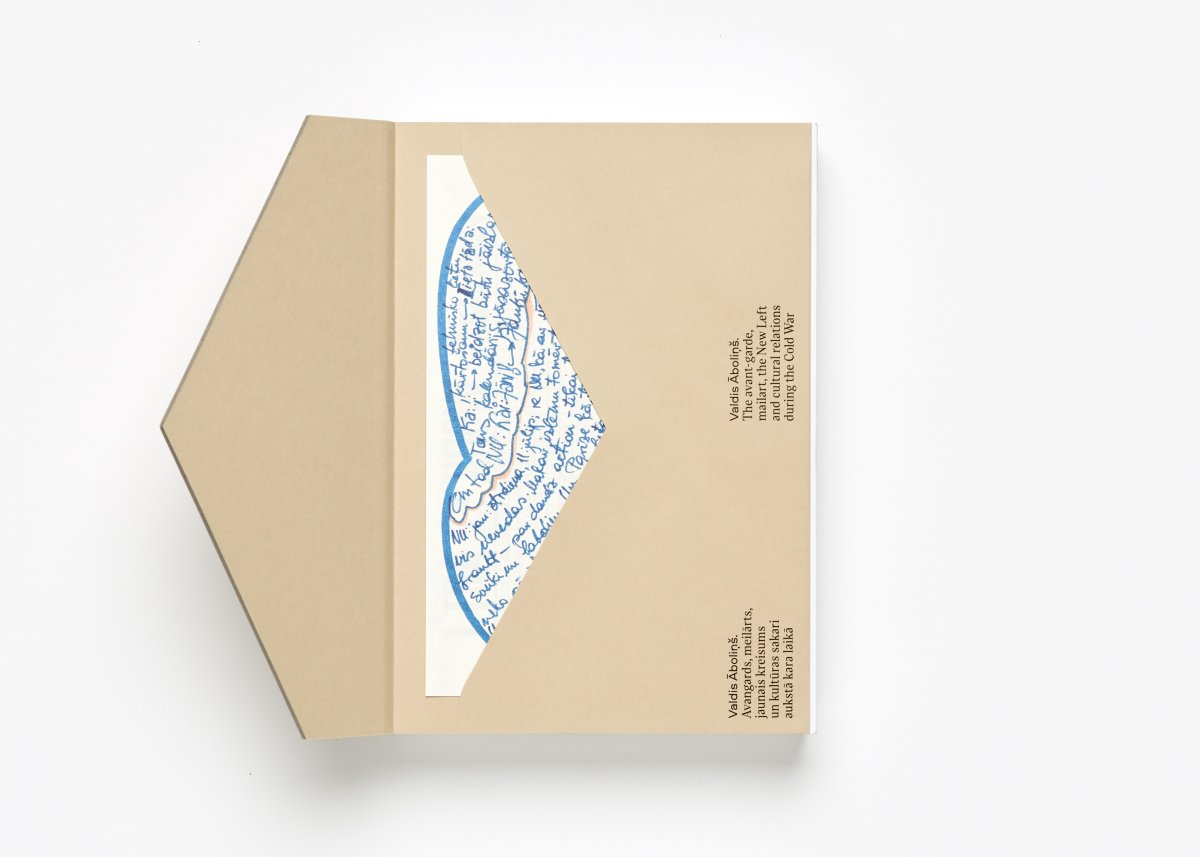
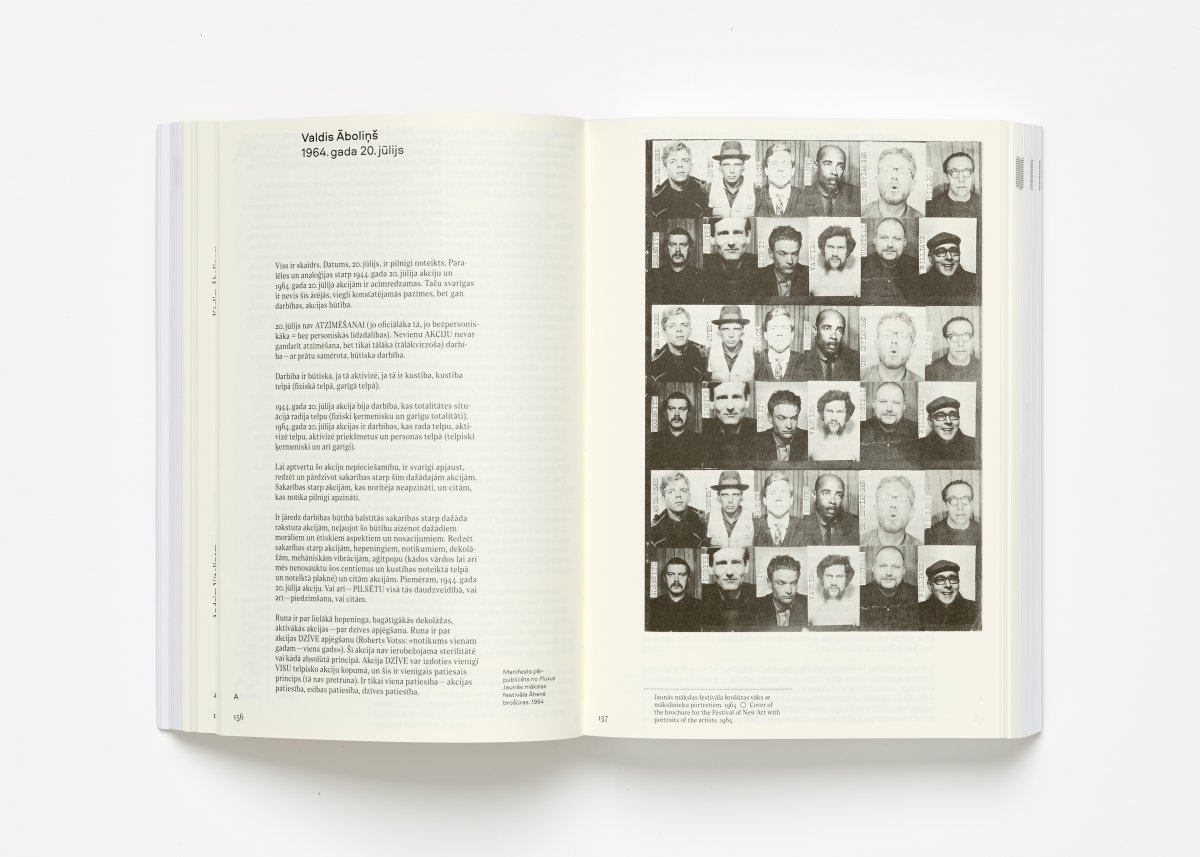
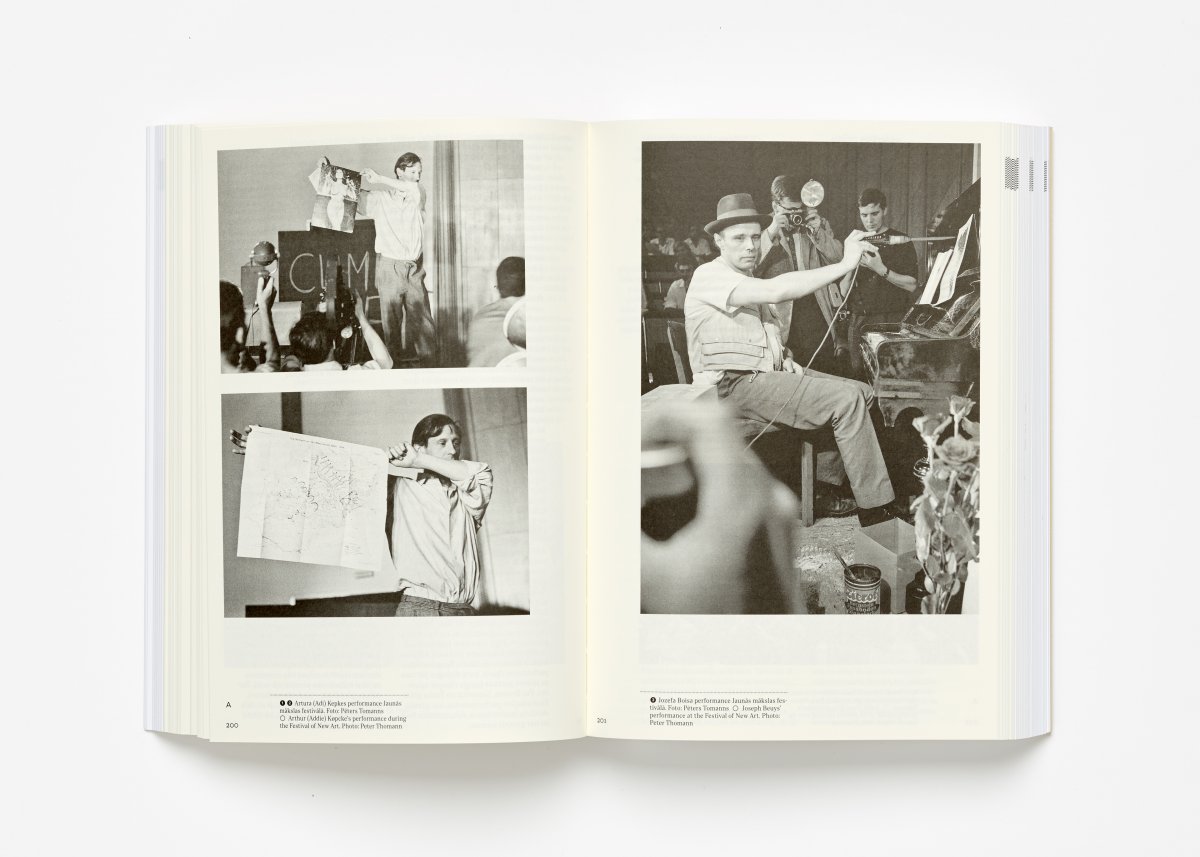
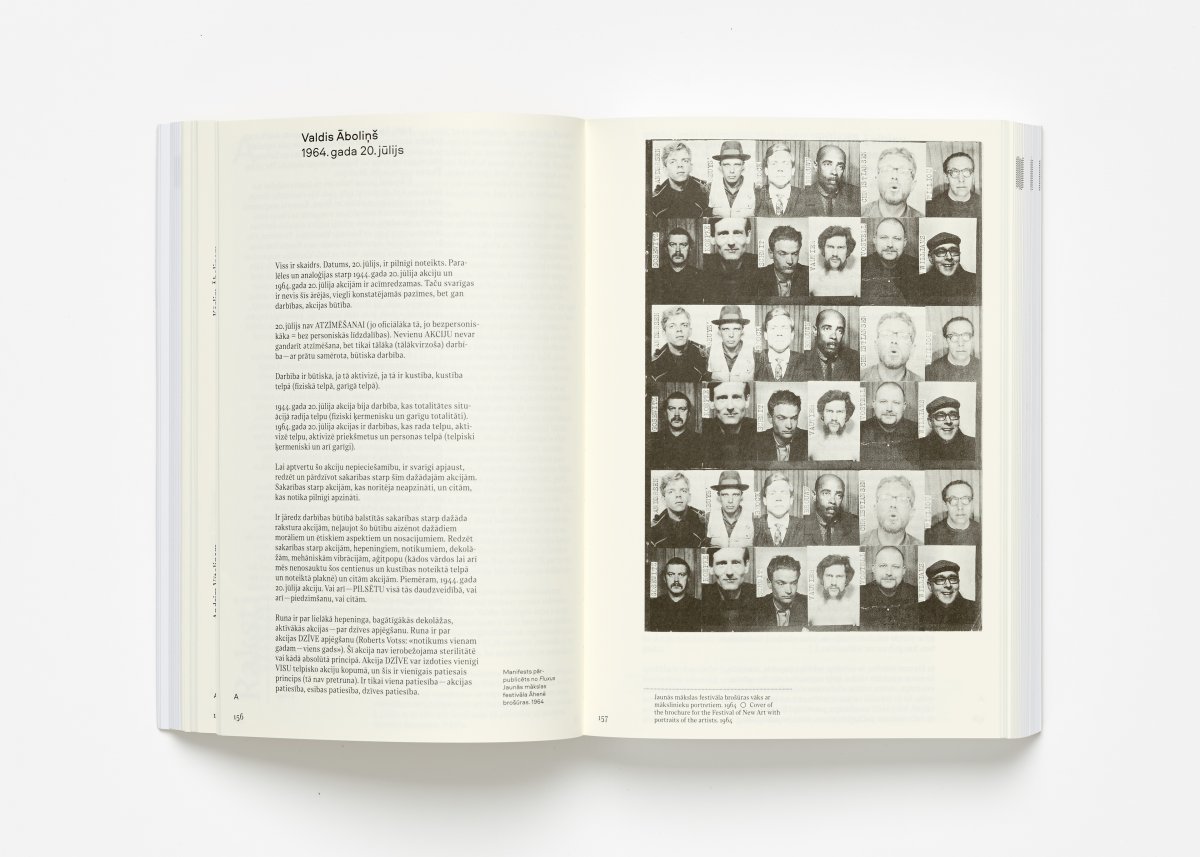
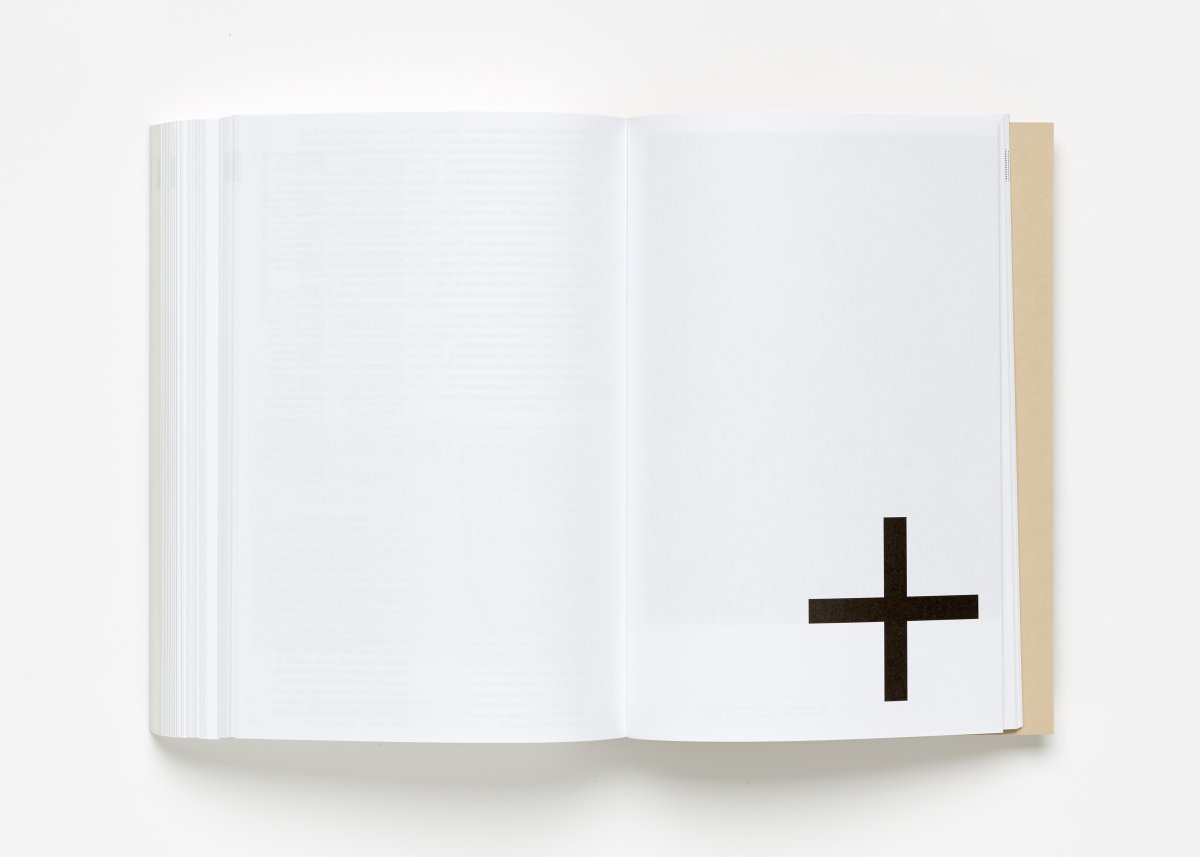
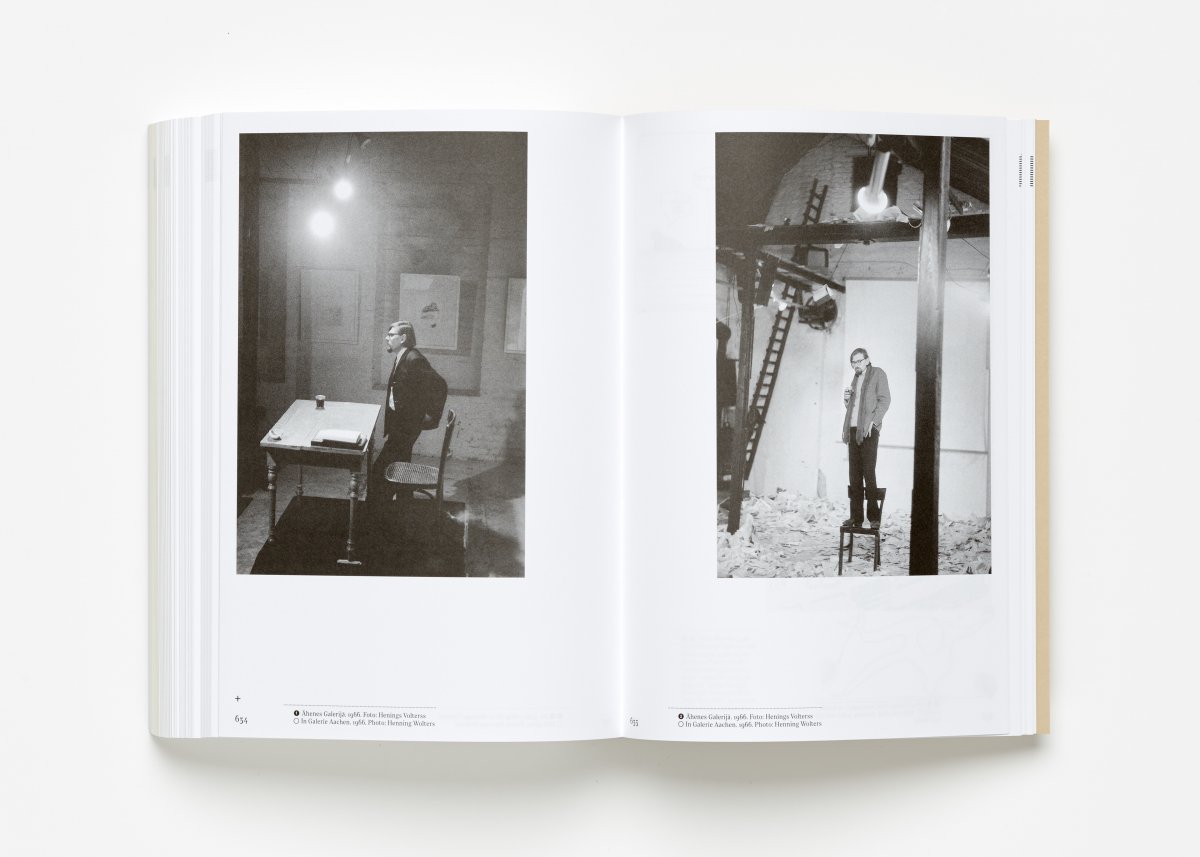
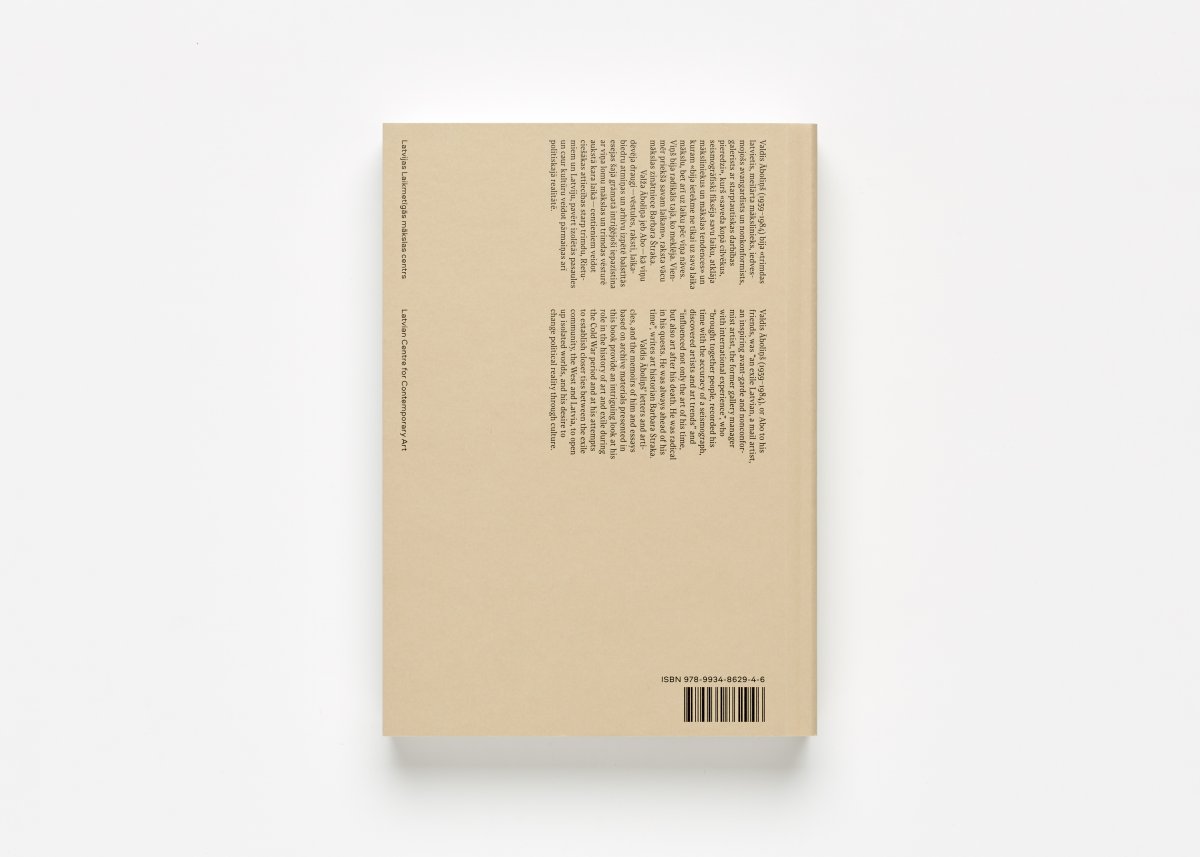
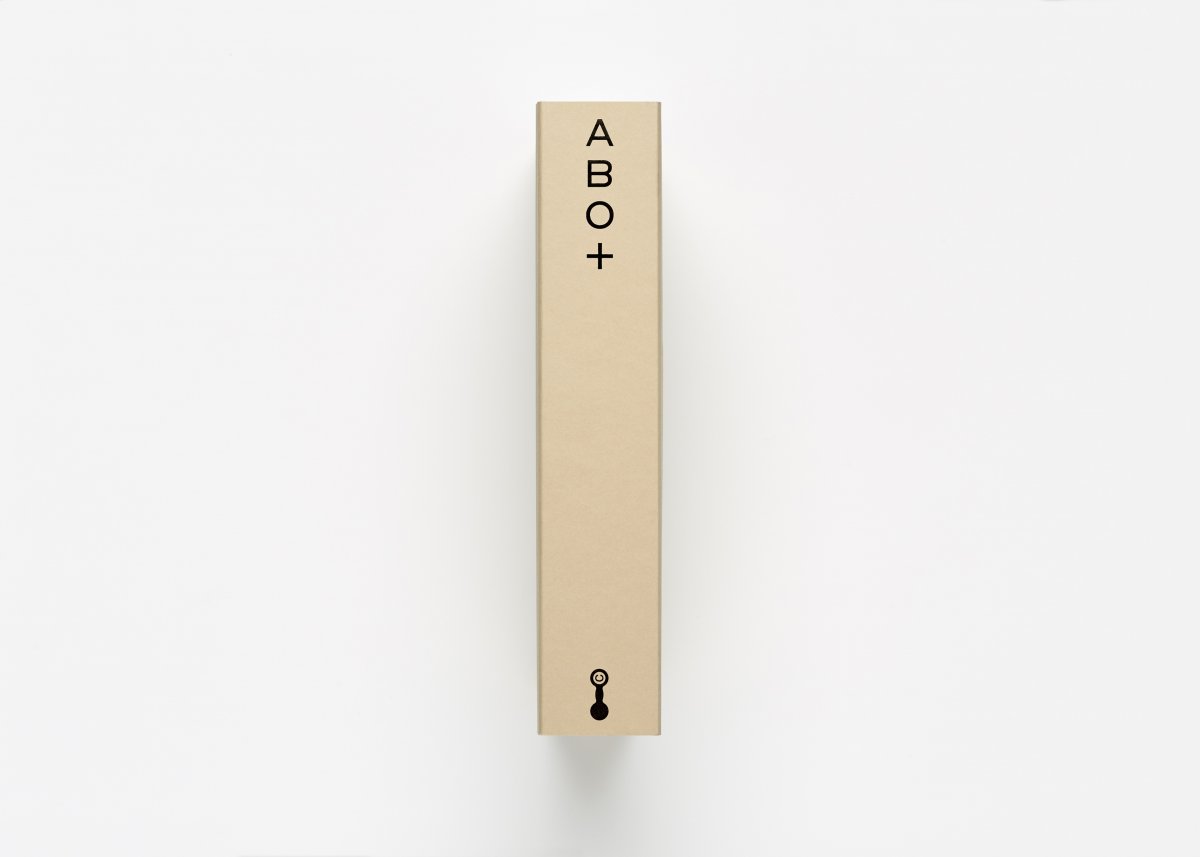
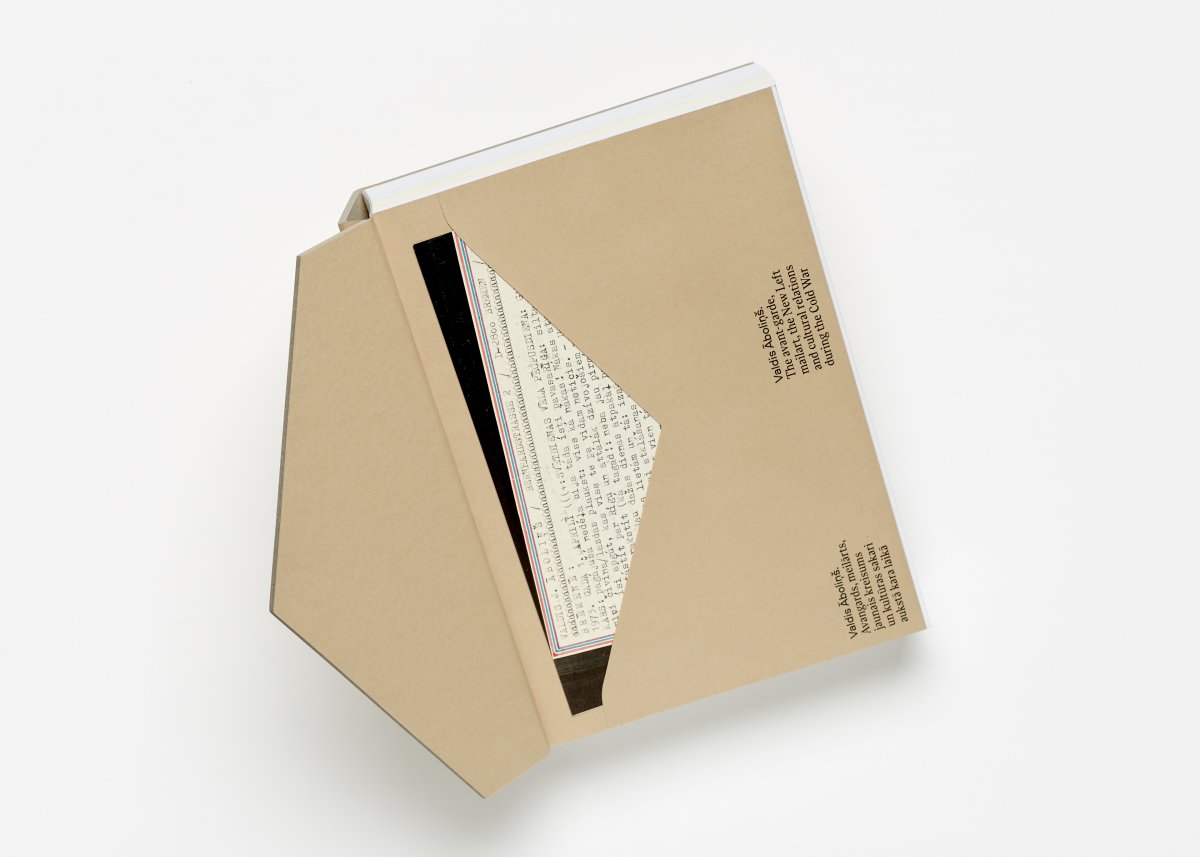
Publication in Latvian and in English
Publisher: The Latvian Centre for Contemporary Art
2019
Compiler and editor: Ieva Astahovska
in collaboration with Antra Priede-Krievkalne
Designer: Alexey Murashko
Authors of contextual essays: Ieva Astahovska, Jānis Borgs, Adam C. Oellers, Antra Priede-Krievkalne, Ojārs J. Rozītis, Maruta Schmidt, Petra Stegmann, Barbara Straka, Mark Allen Svede, Jānis Taurens, Ģirts Zēgners.
664 pages, hardcover
ISBN - 978-9934-8629-4-6
At the centre of this voluminous (664 pages), bilingual (in Latvian and in English) book, is the creative and intellectual legacy of the curator and mail-artist Valdis Āboliņš (1939–1984), and his role in the history of Latvian art and exile in the years of the Cold War. The book includes his letters, writings and political cartoons, along with essays written by Āboliņš’ contemporaries and younger generation researchers about his activities in Western avant-garde art and his role in fostering cultural relations with Latvia. This book is not only about Valdis Āboliņš, but also about the role culture played in the relations between people on both sides of the Iron Curtain. Even though these were isolated worlds, there appeared some cracks, and V. Āboliņš was one of the protagonists who tried to establish contacts between Latvians in exile and in the occupied homeland. His ideas were considered radical, although he was driven by an idealistic desire to change political reality through culture.
The book gives an insight into the most important contexts in Valdis Āboliņš’ practice, the events and processes, and the flow and exchange of information in the Cold War era he stimulated, tying together the hitherto separate narratives of the Western and Eastern blocs. At the centre of the first chapter is avant-garde art from the 1960s, with a special focus on the Fluxus Festival of New Art in Aachen on 20 July 1964, which is is still remembered as one of the more politicized events of the post-war European avant-garde. It also introduces how Fluxus and the new art inspired Valdis Āboliņš to turn Aachen into a ‘centre of action art’, how culture impacted politicizing and his interests turned to the issue of cultural relations between Latvians in exile and Soviet Latvia. In the second part of the book, Valdis Āboliņš’ position regarding Latvian politics in exile in the late 60s and early 70s is explored. Inspired by critical theory, Valdis Āboliņš, along with other activists in exile, began discussions on the need to form contacts and develop cultural relations with Soviet-occupied Latvia and to bridge the gap between the two parts of the nation through politically active culture. The third chapter is devoted to Āboliņš’ activities in the 70s, when he became the executive secretary of the neue Gesellschaft für bildende Kunst – nGbK in West Berlin, where culture often played a political role, as well as in his contacts with Latvia. The exhibition 20 Realists from Soviet Latvia he organised in Düsseldorf (1973), and painter Maija Tabaka’s stay in West Berlin in 1977 were the most significant events in this cultural exchange.
Valdis Āboliņš (1939–1984) was “an exile Latvian, a mail artist, an inspiring avant-garde and nonconformist artist, the former gallery manager with international experience”, who “brought together people, recorded his time with the accuracy of a seismograph, discovered artists and art trends” and who “influenced not only the art of his time, but also art after his death. He was radical in his quests. He was always ahead of his time”, writes art historian Barbara Straka.
Valdis Āboliņš’ or Abo’s – that was his nickname among friends – letters and articles, memoirs of him and essays based on archive materials in this book provide intriguing material on his role in the history of art and exile during the Cold War period – attempts to establish closer ties between the exile community, the West and Latvia, to open up the isolated worlds and desire to change political reality through culture.
The book is published thanks to the financial support of Jānis and Dina Zuzāni and the State Culture Capital Foundation.
List of Contents and Foreword by Ieva Astahovska:
abo-book-preview.pdf
Reviews:
Stella Pelše, “Valdis Āboliņš. The Avant-garde, Mailart, the New Left, and Cultural Relations during the Cold War”. ARTMargins Online. 15 March, 2020.